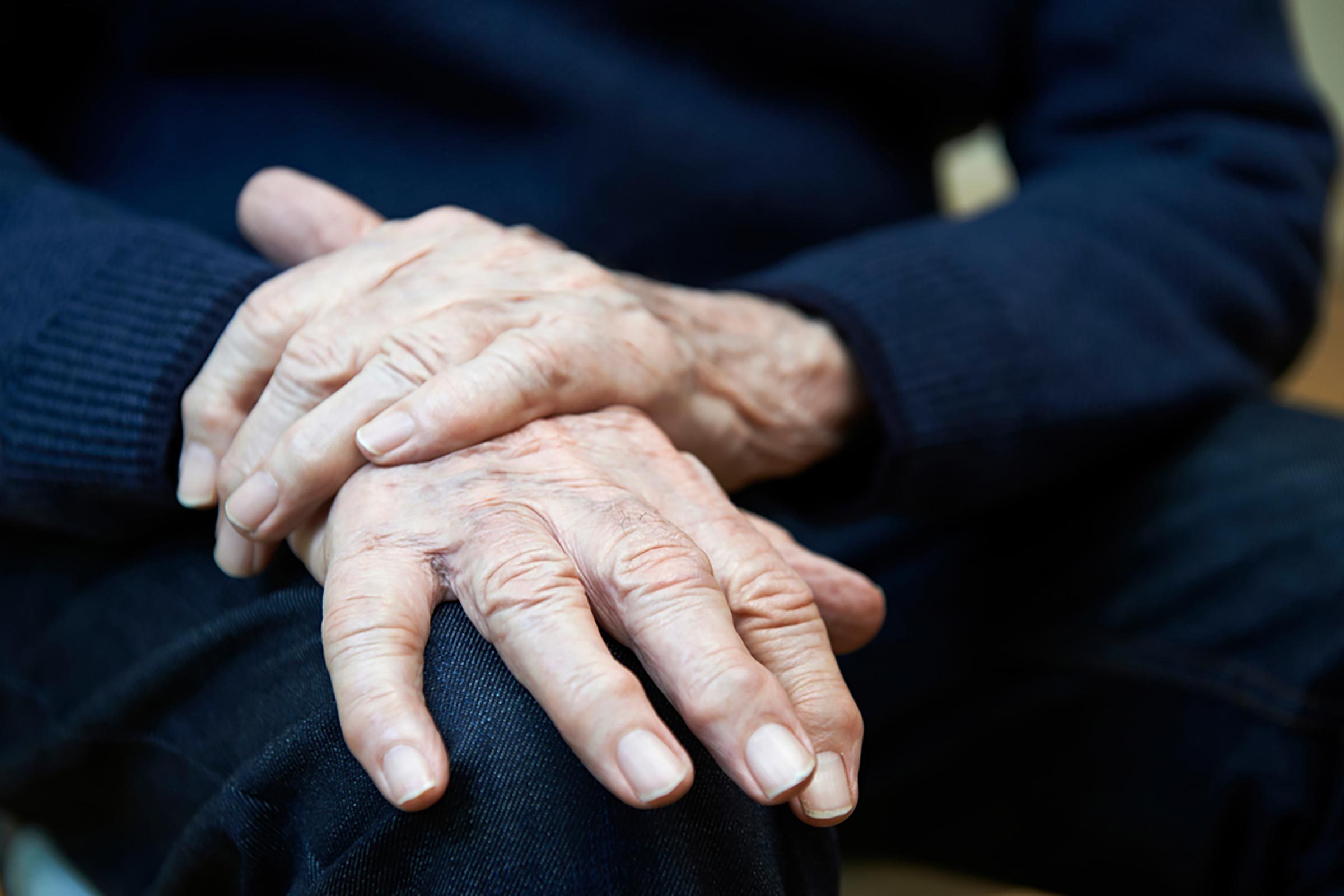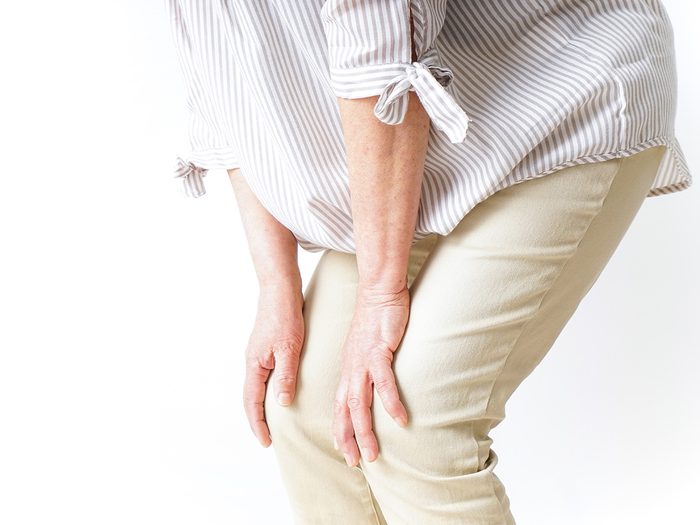
What are the symptoms of Parkinson’s disease?
According to Parkinson Canada, more than 100,000 Canadians are living with Parkinson’s disease, a disorder that most often occurs after age 50, and is more likely to affect men than women.
This neurodegenerative disease can start with small signs, and then get progressively worse, eventually causing trouble with movement, rigidity, stiffness, and other symptoms. One of the most well-known signs and symptoms of Parkinson’s disease are tremors or shaking.
About 70 per cent of people with the disease experience a resting tremor, and it can become more noticeable during stress or excitement. A resting tremor occurs even when a person isn’t moving; it might be a slight shake in your finger, thumb, hand, chin, lip, or lips when your body is at rest and your muscles are relaxed.
These tremors are one of the most common symptoms and often tip people off to the disease, but when Parkinson’s patients think back, they sometimes realize they experienced other symptoms of the disease before the tremors began. Here are the ones you should know.

Changed handwriting
If your handwriting starts to go from big and loopy to small and cramped, this could be one of the earliest Parkinson’s disease symptoms. “Teachers with Parkinson’s will notice students complaining that they can’t read their handwriting when they write on the blackboard,” says Deborah Hall, MD, a neurologist at Rush University Medical Center in Chicago. Look for letters getting smaller and words crowding together. Many people have slower movement and trouble with repetitive tasks, like handwriting.
Check out 10 surprising conditions your hands can predict.

Reduced sense of smell
If you’re having trouble smelling pungent foods or can no longer pick up your favourite scents, it could have many causes. It’s not the most common symptom of Parkinson’s, but Dr. Hall says patients who suffer a loss of smell sometimes report it as being the earliest sign they experienced. The link between reduced sense of smell and Parkinson’s isn’t clear, but one theory is that the clumps of the protein alpha-synuclein, found in the brains of all Parkinson’s patients, may form in the part of the brain responsible for smell before migrating to other areas and affecting motor function.
Here are 20 more symptoms you should never ignore.

Trouble sleeping
If you were once a peaceful sleeper, but now toss and turn, flail your limbs, or even fall out of bed, those sleep problems could be Parkinson’s disease symptoms. It’s normal to have an occasional restless night, but talk to your doctor if you or your partner notices extra movement when you’re in a deep sleep, or if you start sleep-talking. More research is needed to discover why disturbed sleep and Parkinson’s are related, but one theory is that the degeneration of specific regions of the brain stem that can cause disordered sleeping may play a role in other Parkinson’s disease symptoms, according to the Parkinson’s Foundation.
Here’s what it could mean if you’re always waking up at night to pee.

Constipation
If you’re not moving your bowels every day, or are increasingly straining, you’re not alone—constipation is a very common problem and usually has a benign cause (e.g., not enough exercise, dehydration, you need more fibre.) But in rare cases, this can be an early sign of Parkinson’s. The disease alters the body’s autonomic nervous system, which controls processes like digestion and bowel function. Constipation on its own isn’t unusual, but if you’re experiencing other symptoms like difficulty sleeping and trouble moving or walking, talk to your doctor.

Depression
Sometimes patients can develop depression after learning they have Parkinson’s, but it’s also common for people to be depressed years before they start to exhibit physical symptoms, says Michele Tagliati, MD, director of the Movement Disorders Program at Cedars-Sinai Medical Center in California. “Parkinson’s is characterized as a movement disorder because of a lack of dopamine in the brain, but there are also low levels of other neurotransmitters like serotonin, which are intimately related to depression,” he says.
Parkinson’s patients who are depressed tend to feel apathetic and generally disinterested in things they used to enjoy, compared to feeling intensely sad or helpless, as is common in primary depression. “They lose pleasure in the simple things of life, like waking up in the morning and buying the paper,” says Dr. Tagliati. Treatment for depression often includes counselling and antidepressant medication.
These mental health podcasts are worth adding to your playlist.

Stiffness and slowed movements
Watch for an abnormal stiffness in your joints along with muscle weakness that doesn’t go away and makes everyday tasks like walking, teeth brushing, buttoning shirts, or cutting food difficult. If you no longer swing your arms when walking, your feet feel “stuck to the floor” (causing you to hesitate before taking a step), or people comment that you look stiff when you haven’t been injured, the Parkinson’s Foundation suggests seeing a doctor.

Softer voice, or masked face
Doctors say that a softer voice or masked, expressionless face is a common sign of the disease. Some patients with Parkinson’s disease symptoms may also talk softer without noticing or have excessively fast speech or rapid stammering. Parkinson’s causes disruption of movement, including facial muscles.
Here are more signs of disease that are written all over your face.